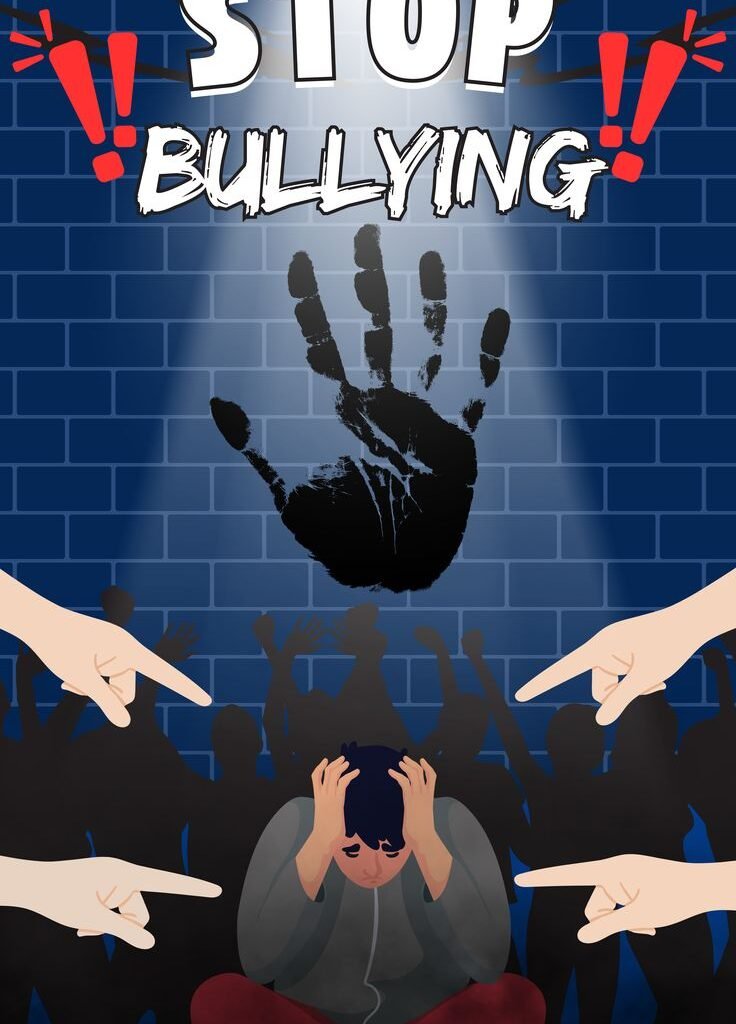Article on Children Who Suffer from Bullying

Article on Children Who Suffer from Bullying
Bullying is a pervasive issue that affects children across the globe, leaving lasting emotional, psychological, and sometimes physical scars. It involves repeated aggressive behavior—whether verbal, physical, or social—intended to harm or intimidate someone perceived as vulnerable. Children who experience bullying often face challenges that can impact their mental health, academic performance, and overall well-being.
The Nature of BullyingBullying can take many forms, including physical aggression (hitting, pushing), verbal abuse (name-calling, teasing), social exclusion (spreading rumors, ignoring), and cyberbullying (harassment through digital platforms). According to studies, children who are bullied may feel isolated, anxious, or depressed, and some may even develop low self-esteem or fear attending school. The rise of technology has amplified the issue, with cyberbullying allowing perpetrators to target victims anonymously and relentlessly.
Impact on ChildrenThe effects of bullying on children are profound. Emotionally, victims may experience feelings of worthlessness, loneliness, or fear, which can lead to long-term mental health issues like anxiety disorders or depression. Academically, bullied children may struggle to concentrate, leading to declining grades or disengagement from school activities. In severe cases, bullying can contribute to self-harm or suicidal thoughts, making it critical to address the issue promptly.
Why Children Are TargetedChildren may be targeted for various reasons, such as their appearance, behavior, socioeconomic status, or differences in race, religion, or abilities. Those who are shy, introverted, or perceived as “different” are often more vulnerable. Bullies may seek power or control, sometimes influenced by their own insecurities or experiences, perpetuating a cycle of harm.
Solutions and SupportAddressing bullying requires a collective effort from parents, schools, and communities. Here are some key strategies:-
Education and Awareness: Schools should implement anti-bullying programs to teach empathy, respect, and conflict resolution.-
Safe Reporting Systems: Children need access to trusted adults or anonymous reporting mechanisms to share their experiences without fear of retaliation.-
Parental Involvement: Parents should foster open communication with their children, encouraging them to speak up about bullying and offering emotional support.-
Counseling and Support: Victims of bullying may benefit from professional counseling to rebuild confidence and cope with trauma.-
**Community Efforts**: Community programs can promote inclusivity and provide safe spaces for children to build positive relationships.
ConclusionBullying is a serious issue that demands immediate attention to protect children and foster healthy environments. By promoting kindness, empathy, and proactive intervention, we can help ensure that every child feels safe, valued, and empowered to thrive. Addressing bullying is not just about stopping harmful behavior—it’s about building a culture of respect and understanding for future generations.


-
Tagged Eco-friendly, Ethics, Travel, Well-being